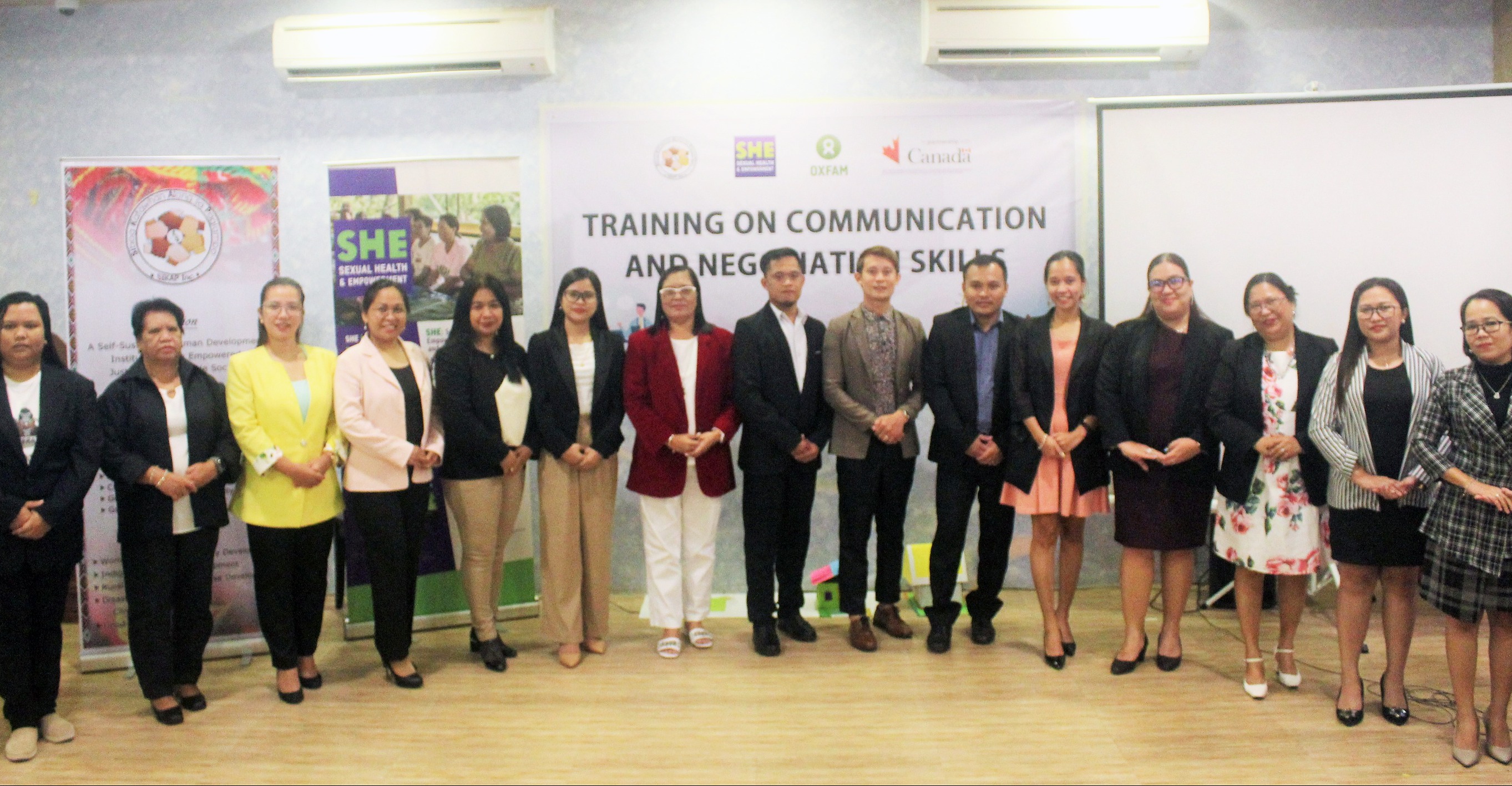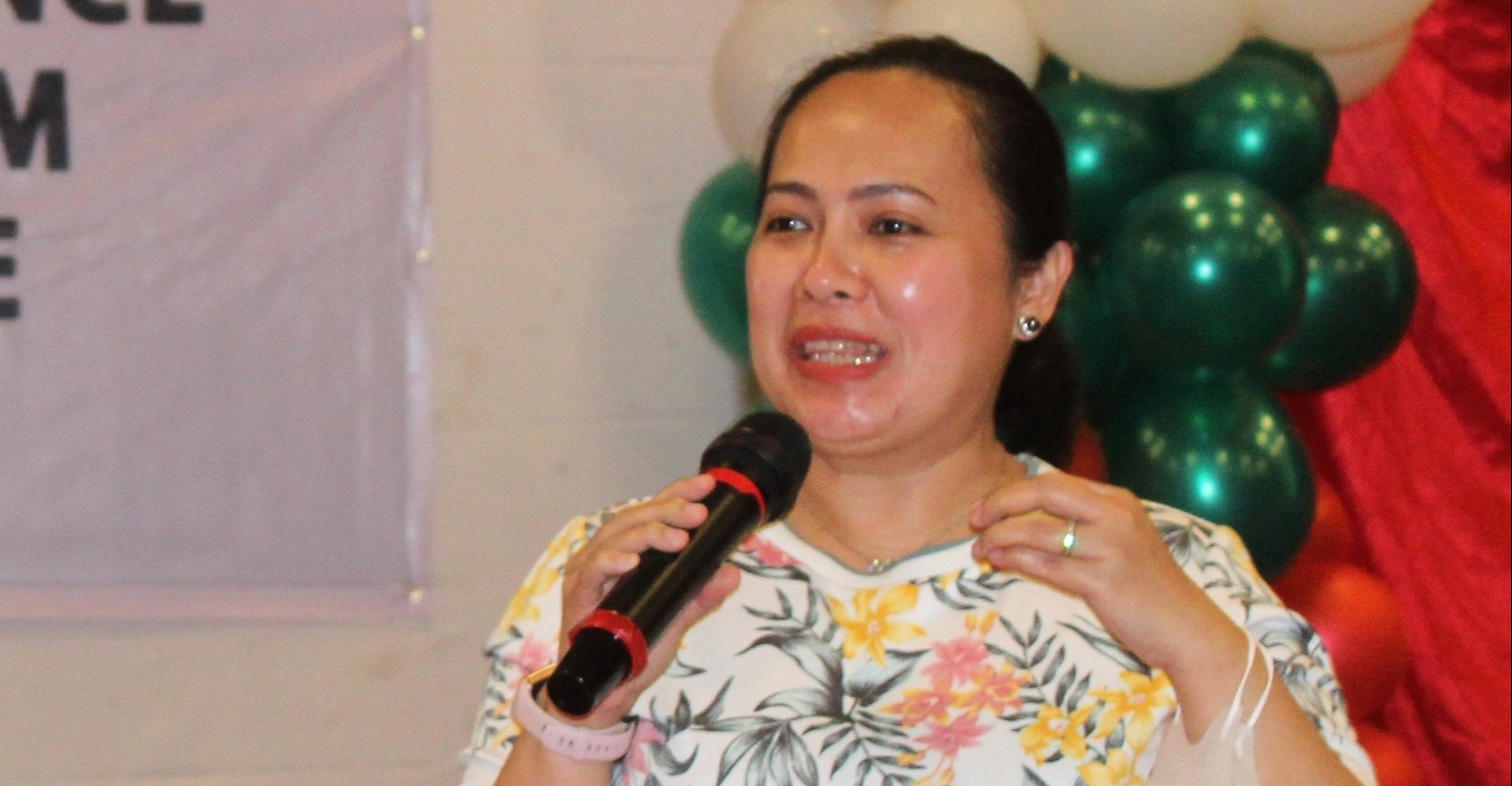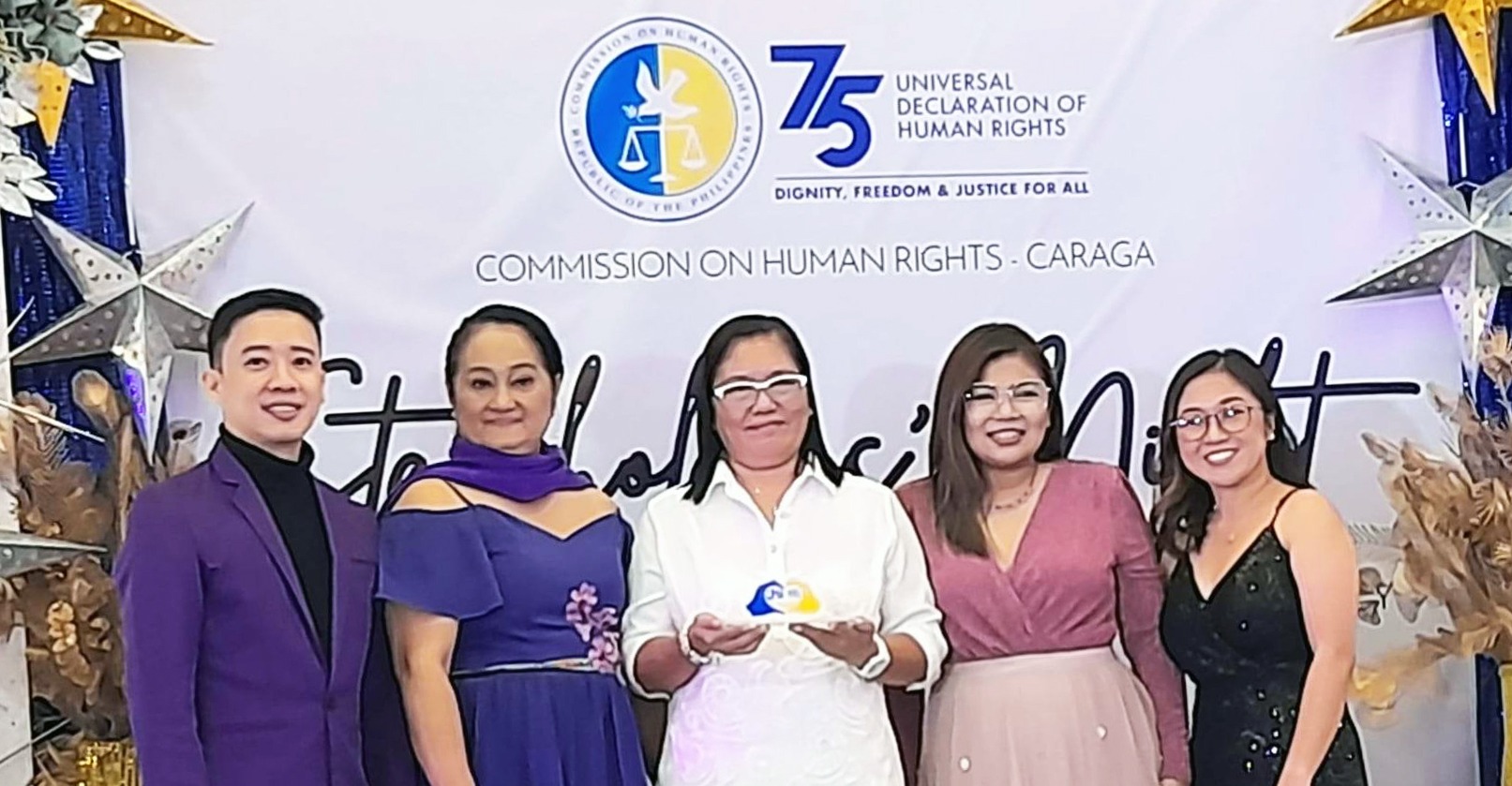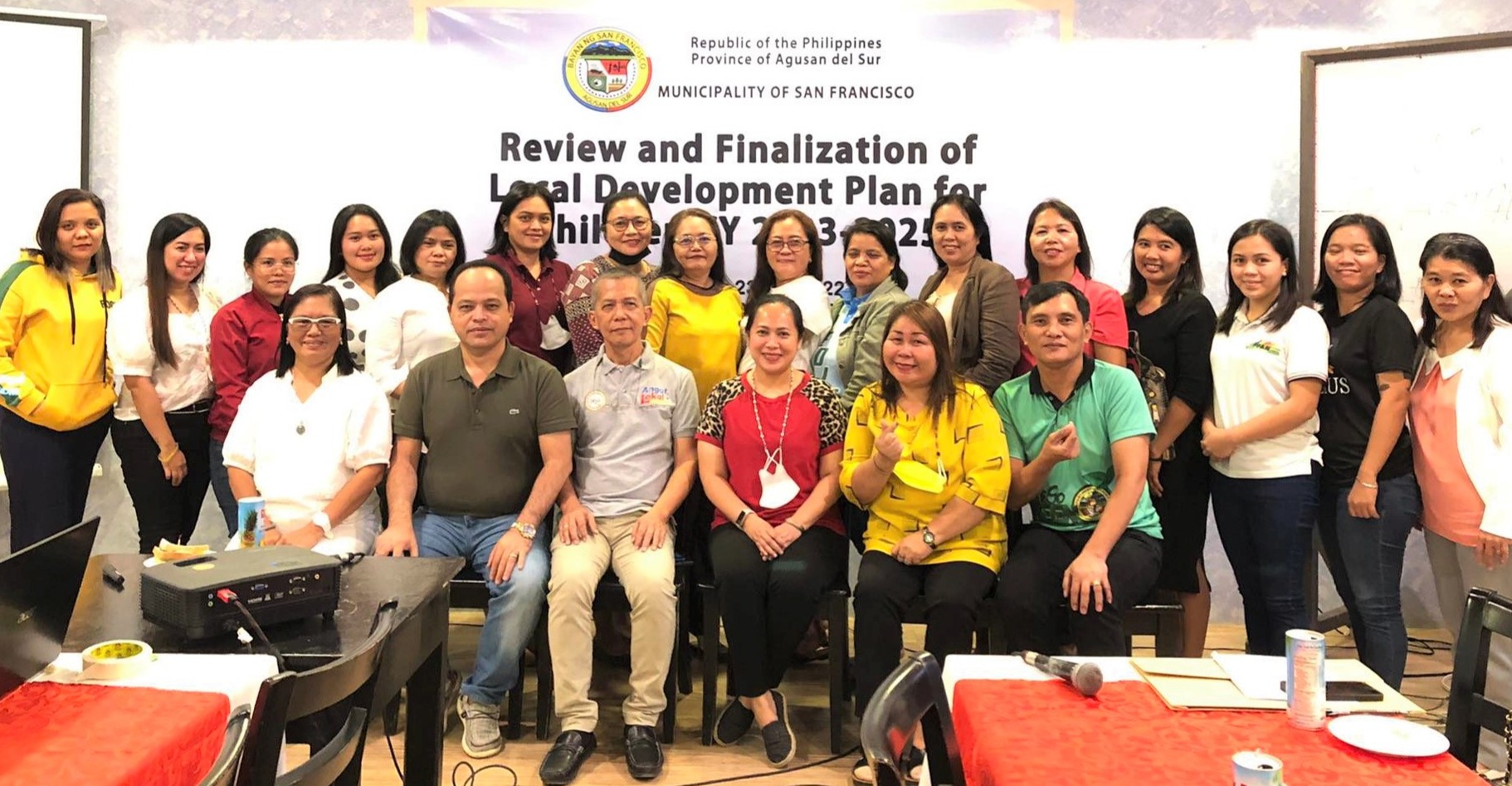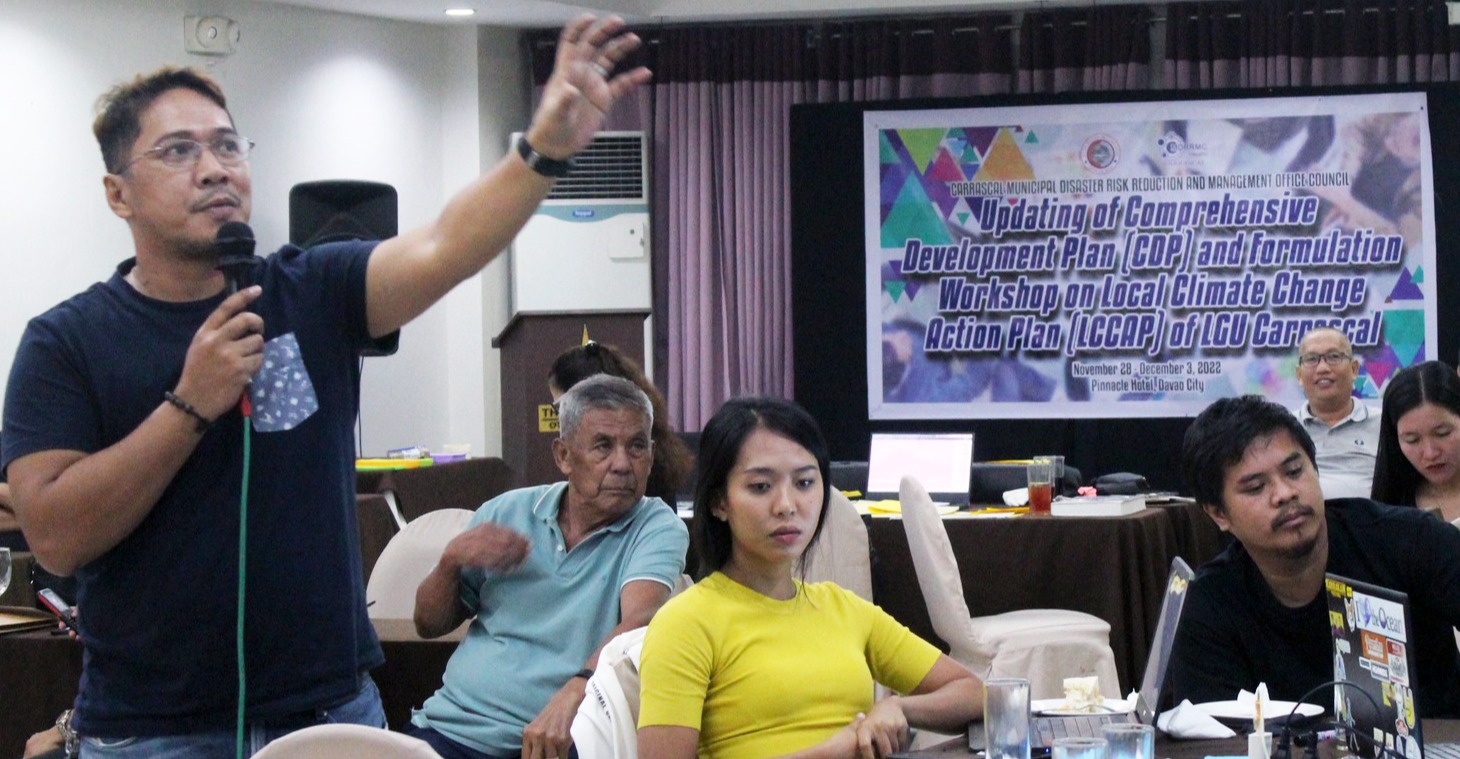The Department of Social Welfare and Development (DSWD), with its mission to provide social protection and promote the rights and welfare of poor households, implemented the Pantawid Pamilyang Pilipino Program focusing on human capital investment of children 0-18 years old and pregnant women.
To strengthen the coverage of the program and to make it more inclusive, Pantawid started to target homeless and street dwellers through the Modified Conditional Cash Transfer Program (MCCT) with the aim of providing them safety and protection along with other development opportunities. MCCT is designed to reach out homeless street families and the Indigenous Peoples (IP) who are definitely poor and disadvantaged but are left out in the implementation of the Pantawid because of their being excluded in the enumeration of the National Housing Targeting System for having no homes and residing in geographically-isolated and inaccessible areas. Purposely, the MCCT is designed to enable the homeless street families and indigenous peoples to overcome the barriers of enjoying the government’s social protection assistance.

In implementing MCCT, coordination and collaboration with various stakeholders proved to be very helpful strategies in reaching out to the target clienteles. One of the critical partnerships that supported program implementation is the engagement with Civil Society Organizations (CSOs) who served as co-implementers on the ground and provided other needed support services to the MCCT beneficiaries. In this mode of partnership, CSOs provided needed expertise and shared resources in the implementation of various components of the program.
Broadening and sustaining such partnership therefore would hopefully pave the way for a dynamic and strengthened participation toward creating a just and humane environment for partner-beneficiaries who suffer from poverty.
On August 5, 2014, SIKAP signed a Memorandum of Agreement with DSWD Field Office Caraga. The engagement generally aims to achieve a sustainable public-private partnership while bringing quality protection services. More specifically, the engagement hopes to result to:
- Demonstrated increase in public-private partnership in the implementation of Modified Conditional Cash Transfer;
- Strengthened promotion of individual well-being among homeless street families (HSF);
- Ensured protection of Indigenous People (IP) and respect to their culture and beliefs;
- Enhanced parenting roles through the parents’ attendance to Family Development Sessions; and
- Mainstreamed homeless street children into the regular Pantawid Pamilyang Pilipino Program.
SIKAP covered 76 barangays identified as geographically-isolated and disadvantaged areas (GIDA) in the municipalities of Sibagat, La Paz, Loreto, Veurela, Trento and Bunawan in the Province of Agusan del Sur. SIKAP also covered 2 municipalities in the Province of Surigao del Sur, namely Bayabas and Tagbina municipalities.
The engagement covered a total of 4,427 families/beneficiaries. To efficiently run the program, SIKAP hired 26 Community Facilitators (CFs) and Assistant CFs.

Innovativeness is one of SIKAP’s core values. It grabs every opportunity that is beneficial to its partner- communities and other multi-sectoral agencies. It continually learns new skills, introduces new models, and challenges new approaches with a clear view of looking at reality and cultural differences.
Guided by its core values, SIKAP introduced innovations that contributed to the success of the MCCT program. This was the CFDS on Air Program segment titled "Ang Takna sa Pamilya". Airing every Thursday at 9:00 in the morning, the segment served as a platform in increasing community awareness about the MCCT-IP program, its implementation updates and the unified efforts to address malnutrition and other health issues of the children across various sectors. This was implemented in partnership with the Radyo Kaagapay Station DXCN 99.1 of the Local Government of Sibagat, Agusan del Sur thru the NutrEskwela Program of the National Nutrition Council-Department of Health (DOH).
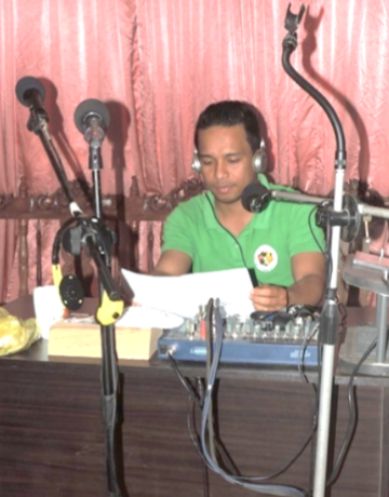
The radio segment turned out to be strategic in providing knowledge to on-air audiences particularly the IPs whose main source of information are their portable, transistor radios. Discussions covered relevant topics/themes such as the Indigenous Peoples Rights Act (RA 8371), the Fundamental Rights of the Children and Disaster Risk Reduction and Management (DRRM).
The segment sought to become interactive by providing an immediate exchange of ideas with the listeners where queries, comments and recommendations on particular topics discussed were given air-time and responded to instantly. The program segment also facilitated announcements and updating of MCCT-IP program implementation in the barangays.
The innovation exhibited massive consciousness-raising potentials and proved to be user-friendly to various sectors that have limited information sources, particularly the IPs in GIDAs. The same innovation reinforced the Community and Family Development Sessions (CFDS) for various stakeholders, more specifically partner-beneficiaries themselves.


